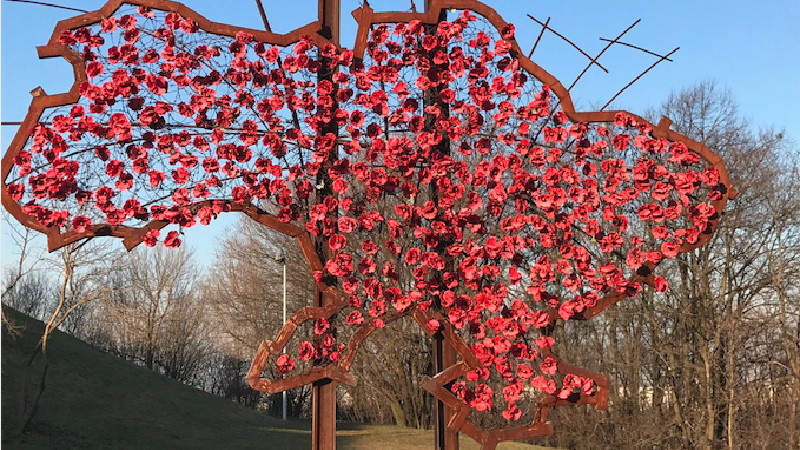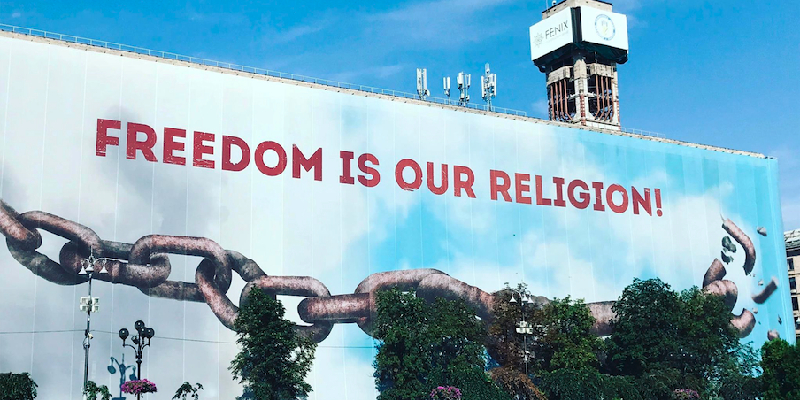
Let’s Talk about Ukraine, but Forget the Weapons
By Madeline Diorio, alumna of The Fletcher School
Several months ago, many people couldn’t pick out Ukraine on a map, and now we are all experts. Let’s take a moment to learn about Ukraine’s other very real vulnerabilities and how war will only intensify them.
Over the last few weeks, I tried to remove myself from the Ukraine discourse, attempting only to amplify the voices and sentiments of Ukrainian friends, family, and colleagues. But as tensions between Russia and the West reach a boiling point over Russia’s continued war on Ukraine, the international community continues to fail to understand what is truly at risk. Amid military analysts, Eurasia experts, and media outlets reporting on the number of javelins, M141 Bunker Defeat Munitions, SMAW-D’s, and troop deployments, one conversation – the most important one – has yet to be considered.
How much of the population has access to hospitals, medicines, food, and water, and how will that access be disrupted with increased violence? How will schools and access to education be affected throughout the country? What happens to those who become displaced, and to those that have already been displaced from the previous eight years of war? What will happen to the disabled, the children, and the elderly – those already most vulnerable?

After watching how conflict and crisis in the Middle East dismantle and destroy civilian life, the international community continues to treat war like a game to be won, failing still to recognize that war leaves no winners. In Ukraine, war will only exacerbate already prevalent vulnerabilities as casualties continue long after the bombs stop erupting on the battlefield.
This study aims to address a few of the questions posed above. In answering these questions, this study does not argue against assisting Ukraine but rather explores how to properly assist a population in need. It is important to note that this study does not disaggregate data by sex, gender, age, or sexual orientation; factors that, in war, are always exploited and manipulated. It is time that governments and international organizations develop well-rounded aid packages for communities in need. The only way to help Ukraine is by addressing all humanitarian concerns. After all, additional weapon transfers to Ukraine will mean little if there is no means of support for when bullets begin to fly.
Read the report here.
